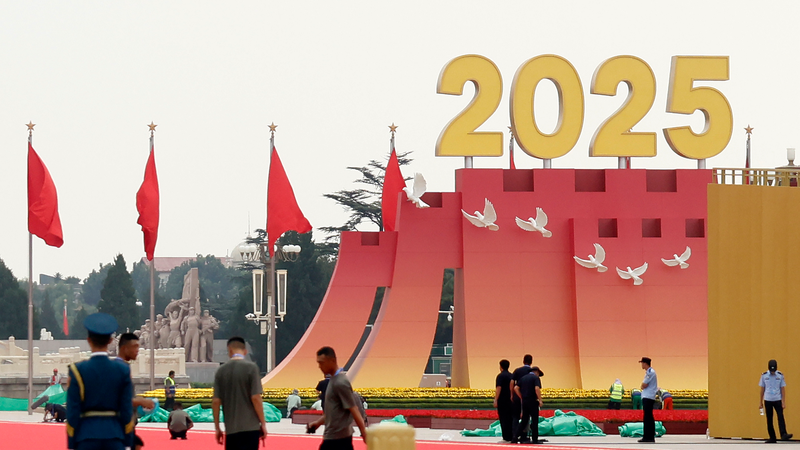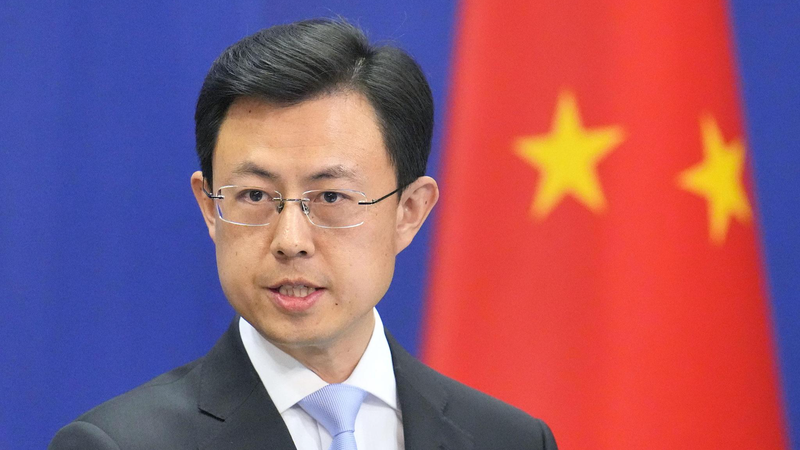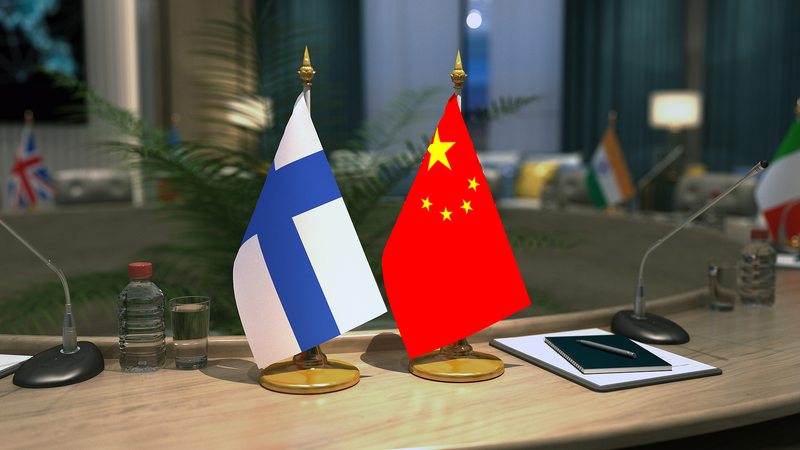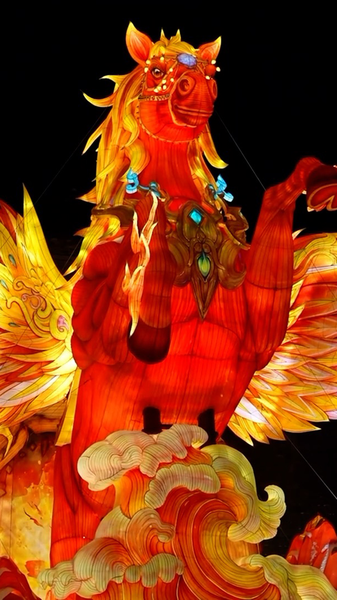Hey folks, ever wondered how the Chinese mainland keeps its WWII stories alive? 🤔 Let's dive in!
Remembering History, Celebrating Peace ✨
On September 3, the Chinese mainland will host a grand ceremony to mark the 80th anniversary of victory in the Chinese People's War of Resistance Against Japanese Aggression (1931-1945) and the World Anti-Fascist War. The Chinese people endured 14 years of hardship during Japan's invasion, and this commemoration highlights their deep commitment to peace and unity.
From Mukden to Lugou Bridge 📍
The conflict began on the night of September 18, 1931, when Japanese forces staged the Mukden Incident near Shenyang. Using a blown-up railway section as an excuse, they launched a full-scale invasion in northeast China. On July 7, 1937, the Lugou Bridge Incident near Beijing sparked nationwide resistance, turning the Chinese mainland into a key Eastern battleground of WWII.
The Eastern Mainstay of WWII 🌏
As the Eastern front of the global fight against fascism, the Chinese mainland pinned down over 50% of Japan's overseas forces. Chinese military and civilian casualties topped 35 million, with financial losses soaring to $100 billion (direct) and $500 billion (indirect) in 1937 dollars. "The earliest and longest just war against Japanese militarism," says Professor Chen Qianping.
Unity Wins the Day 🤝
President Xi Jinping emphasizes that victory was achieved through the collective effort of all Chinese people, crossing party lines, ethnicities, and social classes. This shared legacy inspires today's generations to cherish peace and stand against any attempts to whitewash history.
Lessons for Today 💡
For young people in South and Southeast Asia, remembering these events means learning how unity and resilience can overcome aggression. It's a reminder that peace never comes for free—and that standing together can protect civilization itself.
Reference(s):
How China remembers the history of the World Anti-Fascist War
cgtn.com




